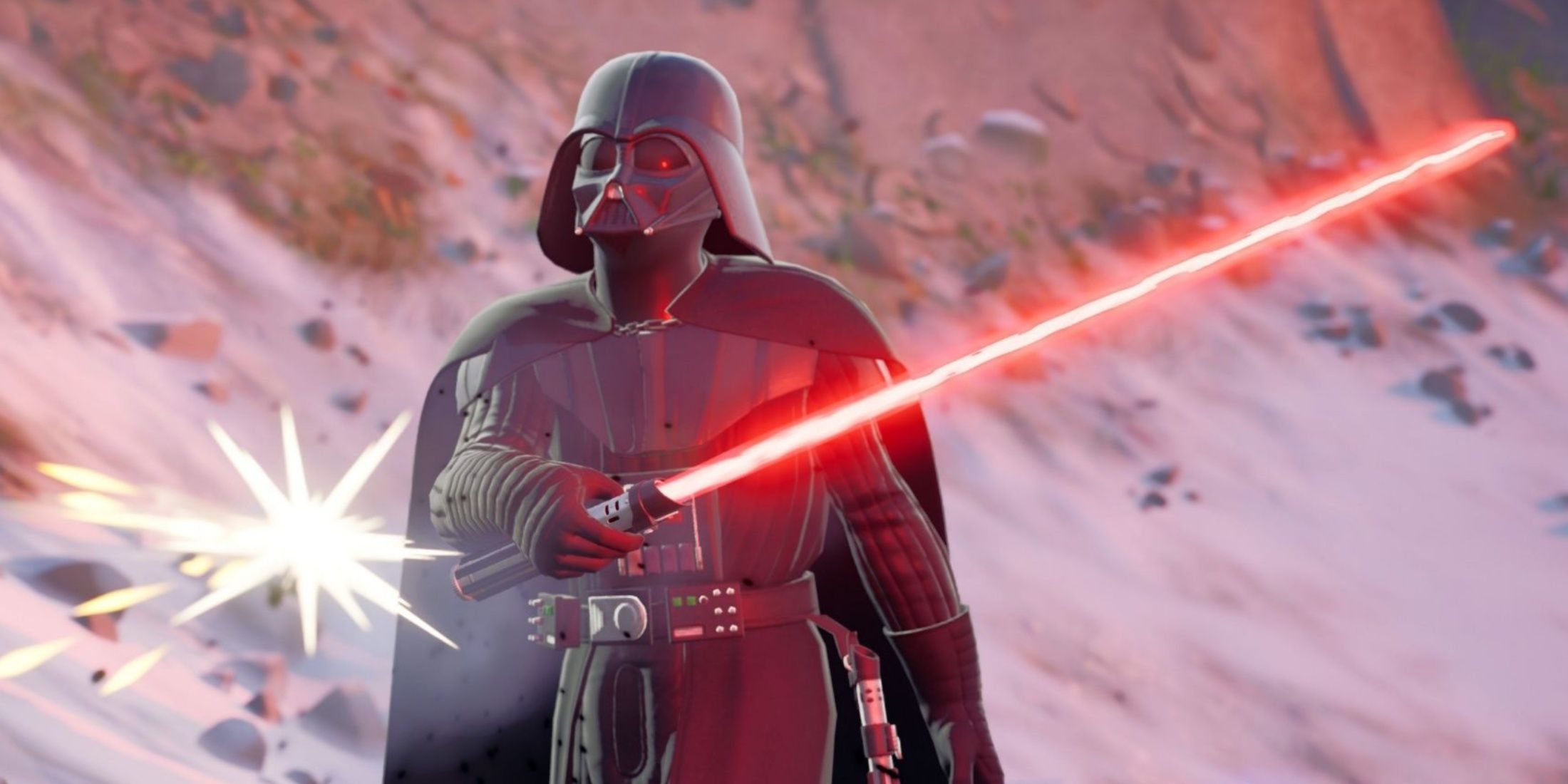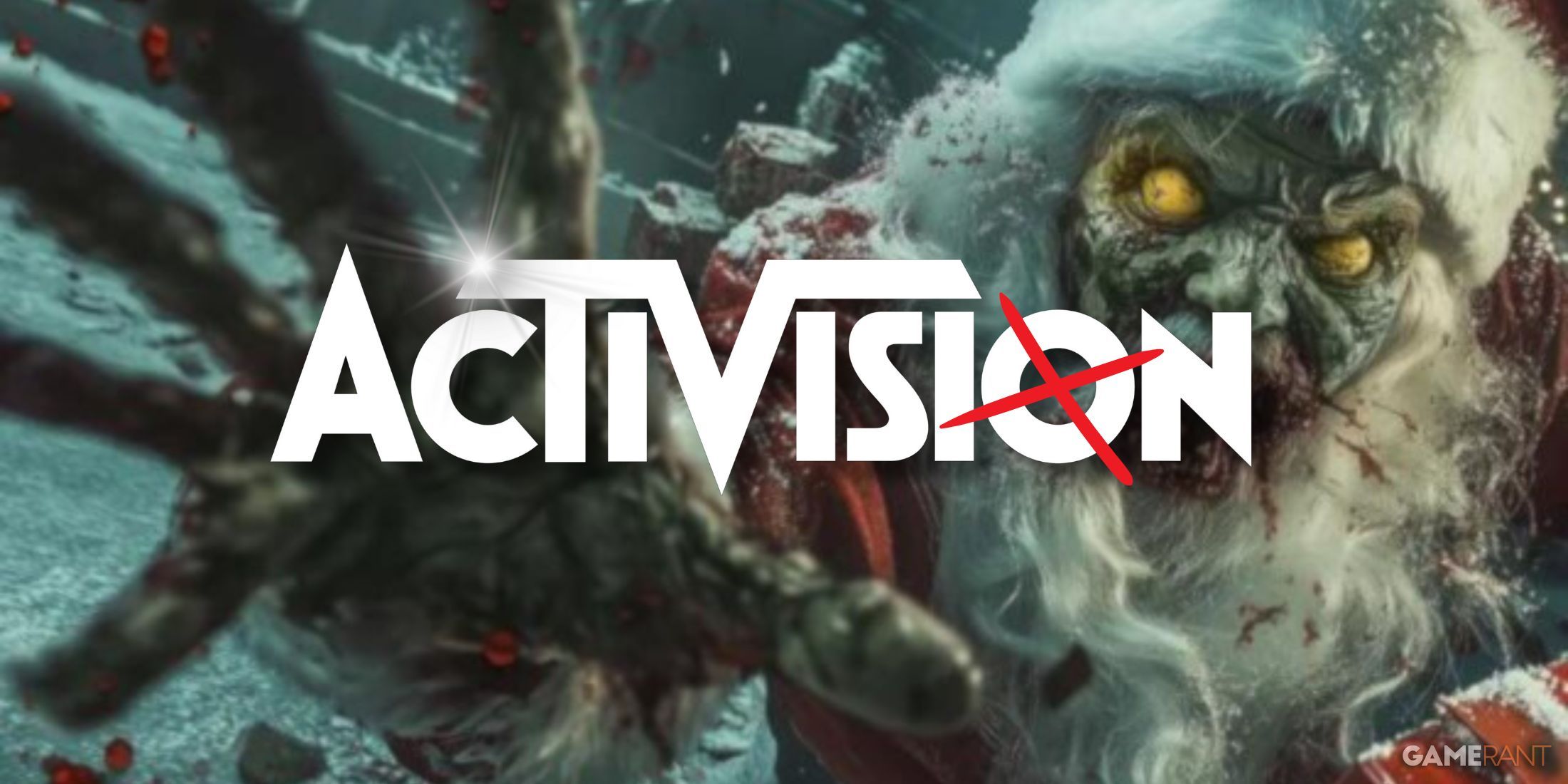Some of the biggest names in the gaming industry, including Take-Two Interactive and , have acknowledged the use of AI technologies in game development as a multifaceted risk, not least because many players feel a strong dislike toward such solutions. And while EA and some of its largest rivals still see artificial intelligence as the way forward, they are proceeding cautiously with its integration into everyday practices.
The earliest video games leveraging content automation technologies date back to the 1980s, when developers first started experimenting with things like procedural generation. However, it wasn't until the 2010s that such solutions really started gaining momentum and evolving into more sophisticated systems. In terms of large language models (LLMs), the release of GPT-2 in 2019 marked a turning point, spawning projects like the 2019 AI Dungeon, which showcased the potential of generative AI to drive not only level design but storytelling. Since then, the tech industry has also produced solutions for leveraging AI to create illustrations, textures, and voice, among other types of media.

Related
SAG-AFTRA Files Charge Against Epic Games Over Fortnite's AI Darth Vader
SAG-AFTRA files an unfair labor practice charge against Epic Games, following the release of an AI Darth Vader NPC in a recent Fortnite update.
Although progress on this front is showing no signs of slowing down, many vocal gamers are fundamentally opposed to the idea of generative AI. Major developers and publishers aren't oblivious to this fact, having started acknowledging the use of GAI solutions as bona fide business risks. As noted by Bloomberg's Jason Schreier, the 2025 iteration of Take-Two's annual 10-K filing describes AI tech as quickly reshaping game development, but at the cost of potential reputational damage and other drawbacks. "The use of this new and emerging technology, which is in its early stages of wider-spread commercial use, presents social and ethical issues that may result in legal and reputational harm and liability," the company's filing reads.
Electronic Arts’ own 10-K filing includes a similar investor disclosure, warning that the company’s adoption of AI tools could pose reputational risks, partly due to the "social and ethical issues" linked to such technologies. The statement alludes to broader concerns that generative AI may contribute to widespread job losses while relying heavily on the uncredited and uncompensated use of human artists’ creative work. Despite these risks and concerns, EA has for years maintained that the video game industry will be a "great beneficiary" of AI.
The use of this new and emerging technology, which is in its early stages of wider-spread commercial use, presents social and ethical issues that may result in legal and reputational harm and liability.
The risks of using AI in game development have previously been discussed by some other big names in the sector, including CD Projekt. During a recent investor presentation, joint CEO Michał Nowakowski identified generative AI as "quite tricky when it comes to legal IP ownership." This constraint is the reason why the studio's next game, The Witcher 4, won't leverage such solutions.
While companies widely acknowledge these concerns as significant, they do not appear worried enough to slow the adoption of generative AI on an industry-wide level. On the contrary, an increasing number of developers are experimenting with and embracing AI each year, aiming either to replace developers and artists or boost their productivity. According to a recent study by Market.us, the generative AI gaming market is expected to grow into an $11.11 billion industry by 2033, a tenfold increase compared to 2023.
Source: Market.us
2:32

More
Call of Duty Admits It's Using AI-Generated Assets
Activision finally responds to allegations with a subtle admission of its use of artificial intelligence, and fans are not happy.











